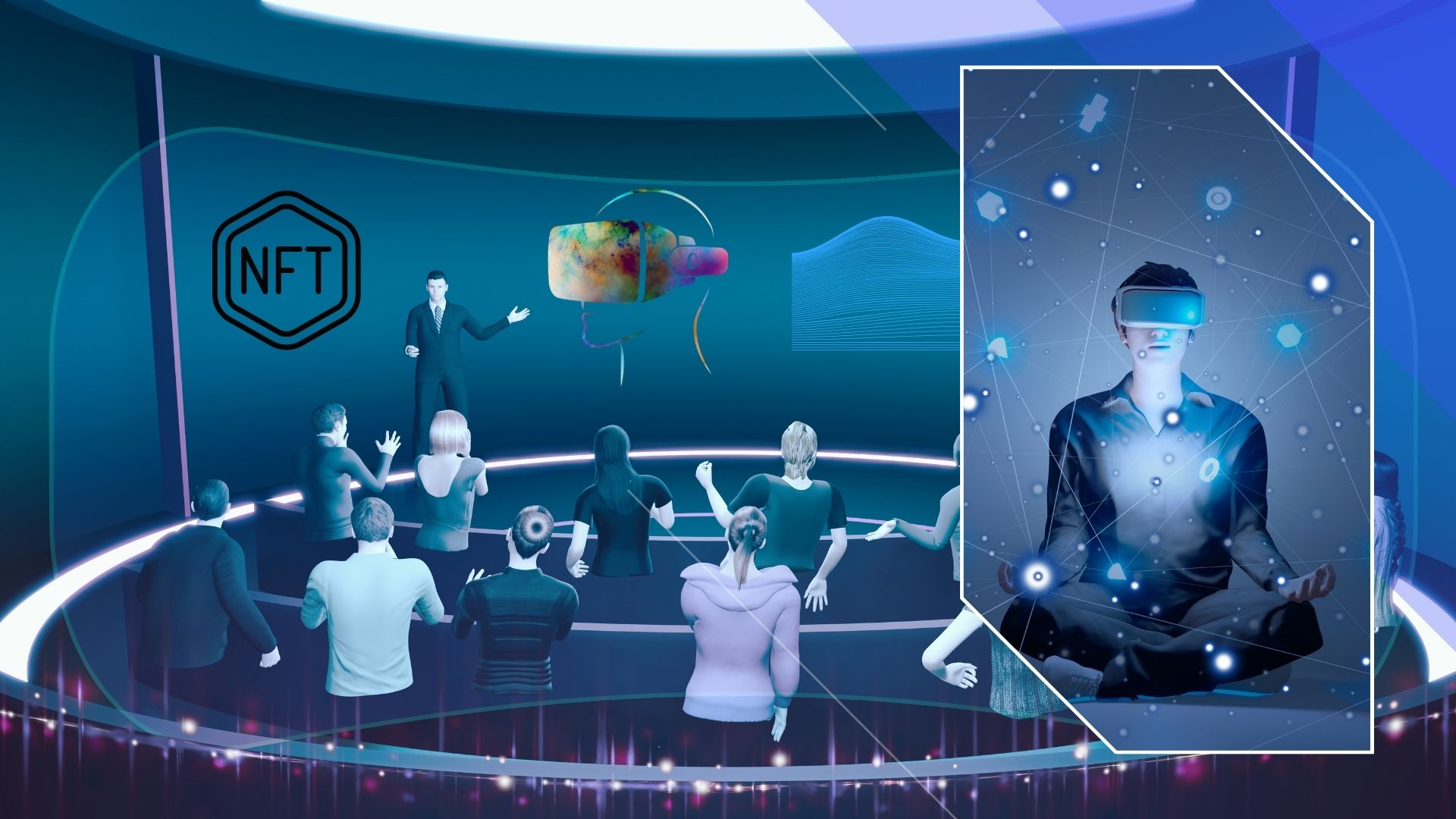
To succeed in a Metaverse course and thrive in the dynamic landscape of virtual environments, individuals need to develop a diverse set of essential skills. The metaverse course skills go beyond technical proficiency and encompass critical thinking, creativity, collaboration, adaptability, and ethical awareness.
Technical Proficiency: A fundamental requirement for success in the metaverse courseis technical proficiency in relevant tools and platforms. This includes skills in 3D modeling, virtual world creation, programming languages such as C#, Python, or JavaScript for virtual environments, and familiarity with emerging technologies like virtual reality (VR), augmented reality (AR), and spatial computing.
Creativity and Design Thinking: Creativity is essential for designing immersive and engaging virtual experiences within the Metaverse. Students need to develop strong design thinking skills to conceptualize and implement innovative solutions, whether it’s creating virtual worlds, designing avatars, or developing interactive experiences.
Critical Thinking and Problem-Solving: The ability to think critically and solve complex problems is crucial in navigating the challenges of the Metaverse. Students must analyze virtual environments, identify issues, and develop effective strategies to address them. This involves understanding user needs, evaluating design choices, and optimizing user experiences.
Collaboration and Communication: Collaboration is integral to success in the Metaverse, as virtual environments often require interdisciplinary teams to work together towards common goals. Effective communication skills are essential for sharing ideas, providing feedback, and coordinating tasks within virtual teams. Students must be adept at communicating across different mediums, including text, voice, and virtual gestures.

Adaptability and Flexibility: The Metaverse is constantly evolving, with new technologies, platforms, and design trends emerging regularly. To succeed, students must demonstrate adaptability and flexibility in learning and embracing change. This includes being open to exploring new tools and techniques, adapting to evolving workflows, and quickly adjusting to new challenges and opportunities.
Ethical Awareness and Responsibility: As virtual environments become increasingly integrated into daily life, ethical considerations become more prominent. Students must develop a strong ethical awareness and a sense of responsibility towards the design and use of virtual experiences. This involves understanding issues such as privacy, security, diversity, and inclusion and applying ethical principles to guide decision-making in the Metaverse.
Continuous Learning and Growth Mindset: The Metaverse is a dynamic and rapidly evolving ecosystem, requiring individuals to engage in continuous learning and professional development. Students should cultivate a growth mindset, embracing challenges as opportunities for learning and improvement. This involves seeking out new knowledge, staying informed about industry trends, and actively seeking feedback to refine skills and expertise.







